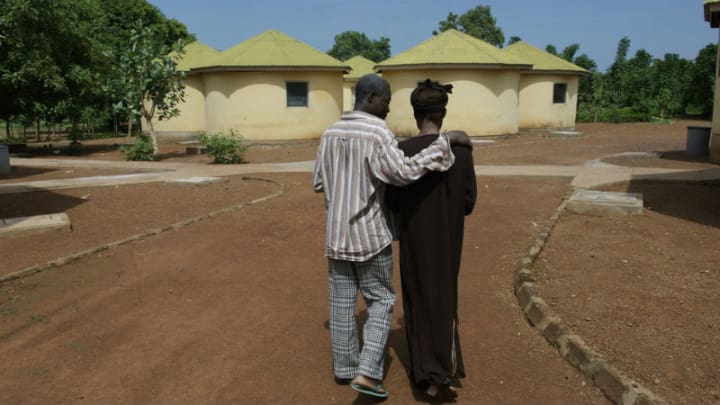
Palliative care services are seriously lacking in Africa. Nineteen percent of African countries do not have identified palliative services and 71 percent of the services that do exist are concentrated in Uganda, South Africa, and Kenya.
The HIV epidemic played a driving role in developing palliative care services and resources in many countries in Africa, with initial funding in HIV helping to boost hospices and palliative care services on the continent. However, a decrease in funding as well as a move away from vertical, disease-specific funding to horizontal, health systems funding is negatively affecting palliative care service delivery and development in many countries across the continent.
See more related topics:
► Opinion: 5 steps to ensure access to cancer care
► An emerging strategy to tackle chronic disease
► Q&A: How the African Access Initiative plans to mitigate Africa's cancer burden
New research — supported by the Arnhold Institute for Global Health at the Icahn School of Medicine at Mount Sinai — shows that while palliative care developed rapidly in South Africa through funding available for HIV, the proliferation of earmarked funds for hospices mean programs are often only allowed to care for patients with HIV that had palliative needs. This is the same in other countries, such as Côte d’Ivoire, where the majority of hospice services are only available for HIV patients. Currently, hospices are seeing non-HIV patients through funds provided by private donors in addition to public funds and grants. This interplay between HIV and palliative care reflects the short- and long-term benefits, as well as harm, that earmarked global aid can play in the health care systems of recipient countries.
Dwindling aid budgets will continue to disrupt necessary end-of-life and palliative services for patients in Africa. Many programs have already been forced to scale back due to reduced foreign aid budgets.
Beyond HIV, patients across Africa increasingly need palliative care from diseases and complications such as cancers, metabolic disorders, cardiovascular disease, kidney diseases, and neurological disorders. These new developments are increasing demand for palliative care not because of untreated HIV/AIDS, but because of improved survivorship among those living with HIV/AIDS, as well as the complications of aging and HIV medicines.
So, what can be done? Global actors and stakeholders can focus efforts on increasing access to palliative care in Africa, using the model of the World Health Organization’s public health strategy for palliative care:
1. Palliative care-specialized services: Services should not be limited to disease-specific silos — ie: for HIV but not other diseases — but rather should allow for the taking care of any disease condition that is in need of palliative care, and pain and symptom management.
2. Education: Sustainable palliative care training programs, such as the program at Hospice Africa Uganda, which trains health care professionals from any African country, should continue to be supported through funding and partnerships to build a stronger base of professionals that can then go on to be teachers in palliative care in their respective countries.
3. Policies: Although disease-specific policies and funding has led to the initial investment in palliative care, countries should move away from disease-specific policies and funding, and move to building comprehensive stand-alone palliative care policies and funding structures within the ministries of health.
4. Medicines: Advocates should focus on working with their respective governments in covering low-cost medicines, such as the Essential Package of palliative care, starting with increasing access to low-cost, affordable morphine.
Due to this shifting landscape and overall decreases in funding, governments in Africa will need to increase the share of funding for palliative care. Not doing so will result in millions dying with minimal-to-no access to palliative care and pain management. This is especially dire in Africa, where many still lack access to treatments for HIV or cancer. Without increasing access to palliative care services, thousands of patients will die in pain and with poor symptom control.





